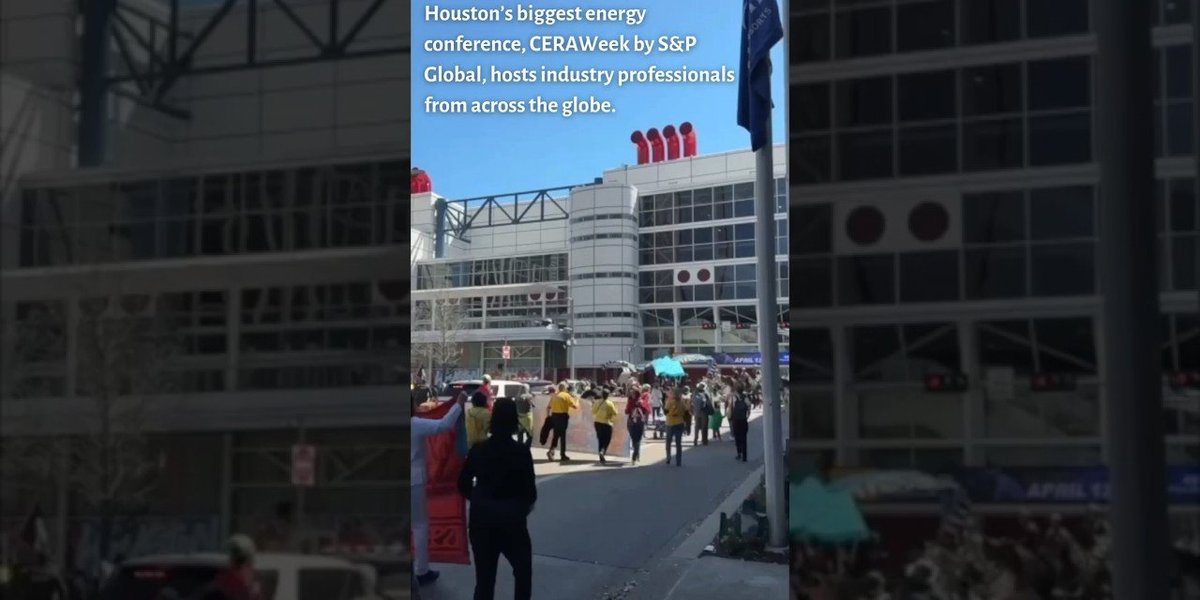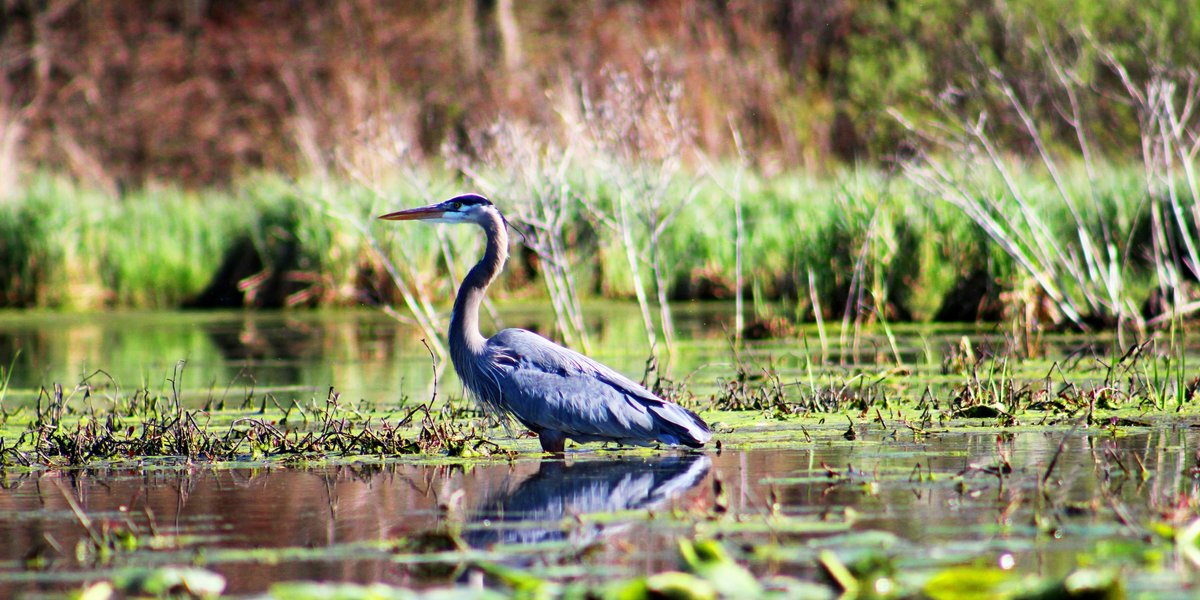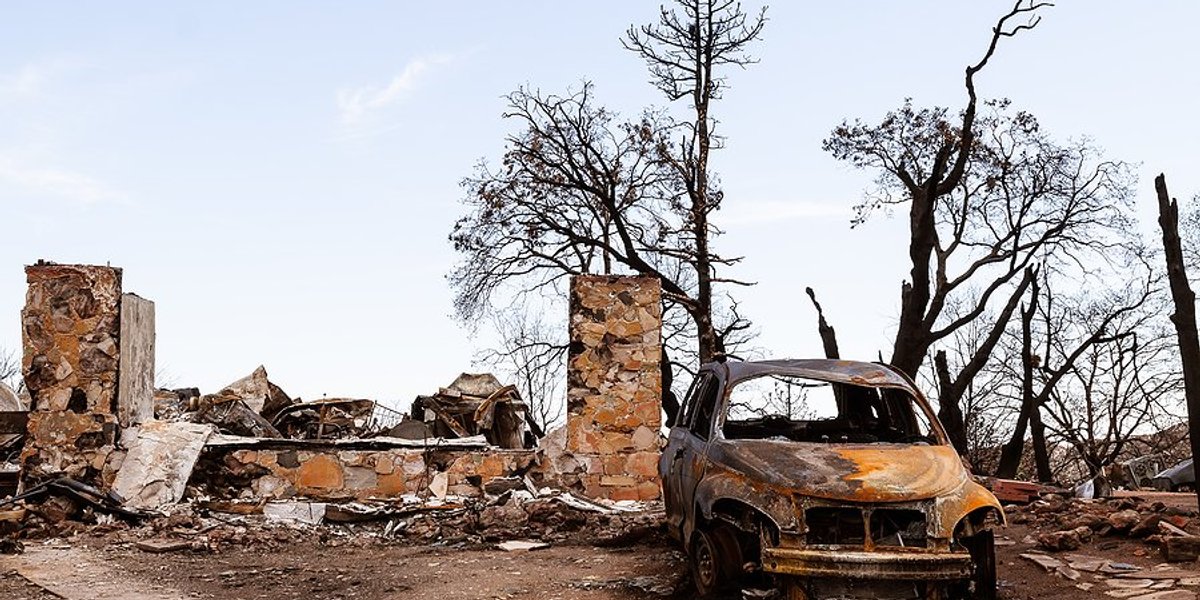
Greenpeace challenges U.S. pipeline company’s lawsuit in Dutch court
Greenpeace has filed a case in the Netherlands against U.S. energy company Energy Transfer, arguing its $300 million lawsuit over the 2016 Dakota Access Pipeline protests is an attempt to silence activism.
Molly Quell reports for The Associated Press.
In short:
- Greenpeace is using a new European Union rule against SLAPP lawsuits, which aim to intimidate activists and civil society groups.
- Energy Transfer sued Greenpeace in North Dakota, blaming it for protests against the Dakota Access Pipeline, which Indigenous groups and environmentalists opposed due to oil spill risks.
- Greenpeace seeks damages and a court declaration that the lawsuit is a SLAPP, which could prevent enforcement in the EU.
Key quote:
“Greenpeace is fighting off a devastating lawsuit that is aimed at preventing us and other civil society organizations from doing their work.”
— Daniel Simons, Greenpeace legal counsel
Why this matters:
Strategic lawsuits against public participation, or SLAPP suits, have long been used to silence critics by dragging them into costly and time-consuming legal battles. Typically filed by corporations, politicians or other powerful entities, these cases don’t necessarily aim to win in court but to exhaust the resources of advocacy groups, journalists or activists who challenge them. Environmental organizations are frequent targets, especially when they take on industries tied to deforestation, fossil fuels or pollution.
Related: Governments and corporations are intensifying pressure on environmental defenders














